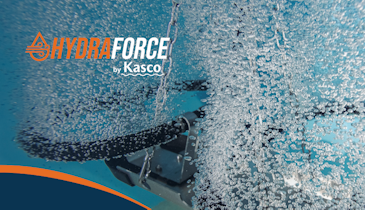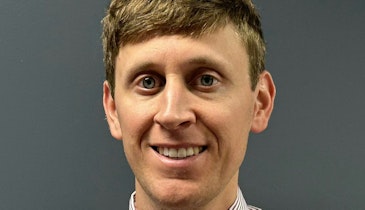No one can really say how long Donald Trump's presidential campaign will last. If you told most veteran journalists or political junkies a year ago that Trump would be a front-runner through fall 2015, few would believe you. But Donald Trump has certainly been successful (still...
What Donald Trump Can Teach Water Utilities
Love him or hate him, you've got to admit Trump's campaign has been interesting. Here are three observations from the campaign trail that could help utilities stand out.
Popular Stories
Discussion
Comments on this site are submitted by users and are not endorsed by nor do they reflect the views or opinions of COLE Publishing, Inc. Comments are moderated before being posted.






